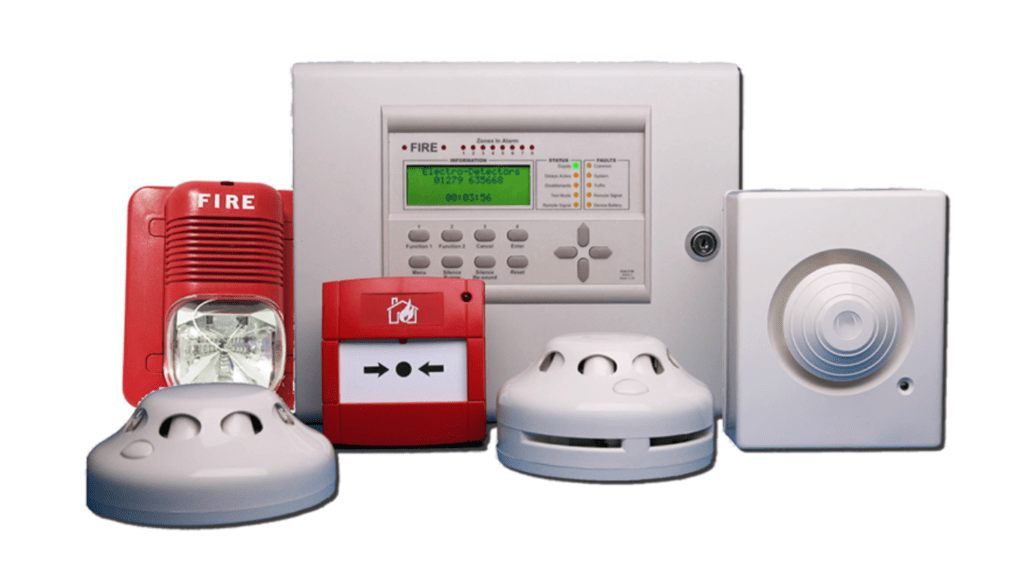Keeping Your Home Safe: Understanding Heat Detectors
In the world of home safety, there are various tools and gadgets designed to protect us and our loved ones from harm. One such tool that plays a crucial role in keeping our homes safe is the heat detector. In this blog, we’ll delve into what heat detectors are, how they work, and why they are essential for maintaining a secure living environment.
What are Heat Detectors?
Heat detectors are devices specifically designed to detect changes in temperature within a specific area. Unlike smoke detectors that respond to the presence of smoke particles, heat detectors are triggered by a significant rise in temperature. They serve as an early warning system for fires, alerting occupants before flames or smoke become visible.
How Do Heat Detectors Work?
Heat detectors operate on the principle of detecting heat, rather than smoke. There are two primary categories of heat detectors: rate-of-rise detectors and fixed temperature detectors.
Rate-of-Rise Detectors: These detectors are designed to respond when the temperature in a room rises rapidly, indicating the presence of a fire. They measure the rate at which the temperature increases and trigger an alarm if it exceeds a certain threshold within a specified time frame.
Fixed Temperature Detectors: These detectors trigger when the temperature hits a pre-set level, irrespective of how quickly the temperature rises. Once the temperature surpasses the set threshold, the detector triggers an alarm, signalling a potential fire.
Why are Heat Detectors Important for Home Safety?
Heat detectors play a crucial role in home safety for several reasons:
- Early Detection: Heat detectors provide early detection of fires, allowing occupants to evacuate the premises promptly and alert emergency services. This early warning can significantly reduce the risk of injuries and property damage.
- Reliability: Unlike smoke detectors, which may be prone to false alarms from cooking fumes or steam, heat detectors are less susceptible to such interferences. They offer a reliable means of fire detection in environments where smoke detectors may not be suitable.
- Coverage in Challenging Environments: Heat detectors are particularly useful in areas where smoke detection may be impractical or ineffective, such as kitchens, garages, and attics. These environments often contain high levels of smoke or dust particles, making traditional smoke detectors less reliable.
- Complementary to Smoke Detectors: Heat detectors complement smoke detectors in creating a comprehensive fire detection system for your home. By incorporating both types of detectors, you enhance your home’s overall safety and preparedness against fires.
In conclusion, incorporating heat detectors into your home safety plan is crucial for protecting your loved ones and property from fire hazards. By partnering with Pace Safety Solutions, you can ensure that your home is equipped with reliable and effective fire detection technology. With their expertise and quality products, you can have peace of mind knowing that you’ve taken proactive steps to keep your home safe. Stay vigilant, stay safe, and trust Pace Safety Solutions for all your fire safety needs.

